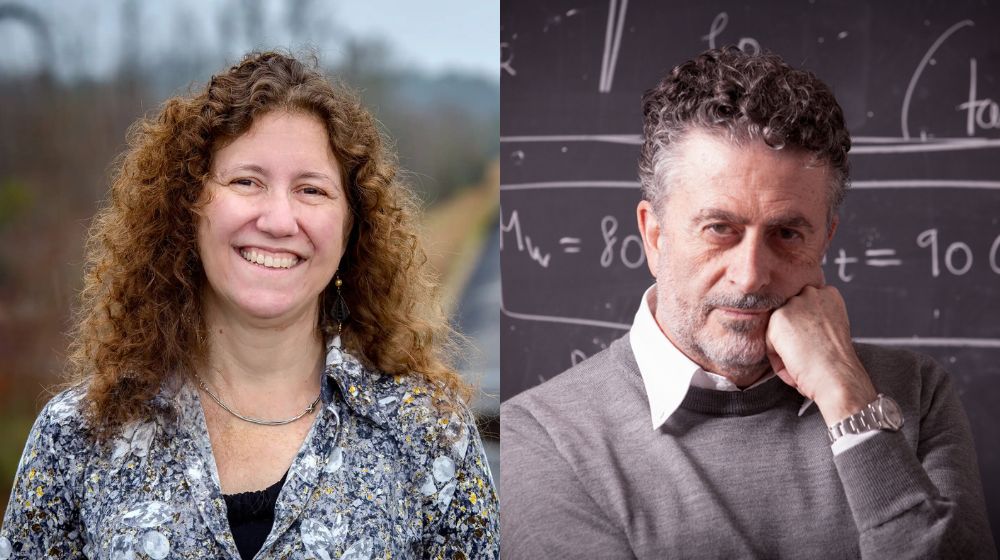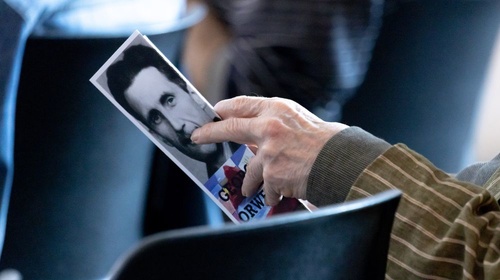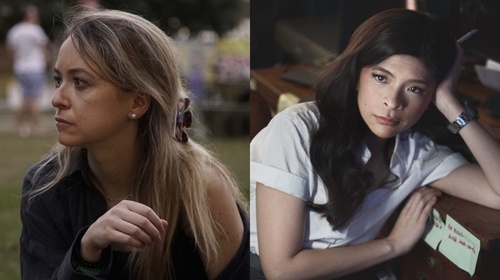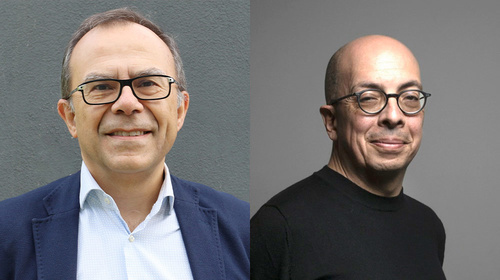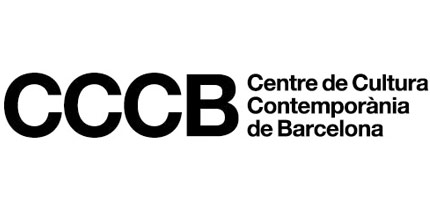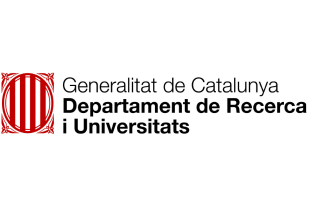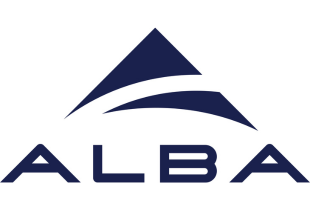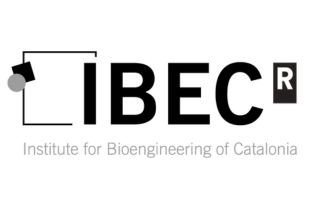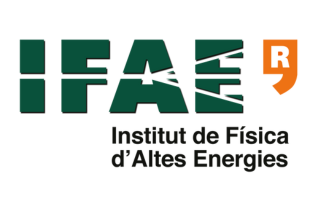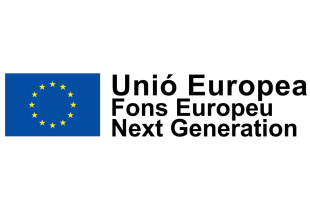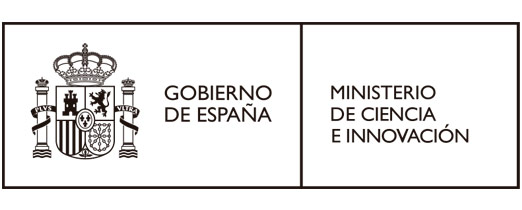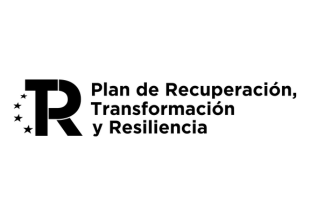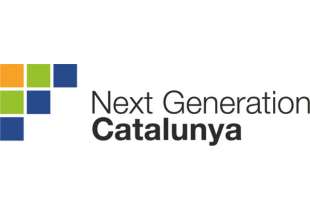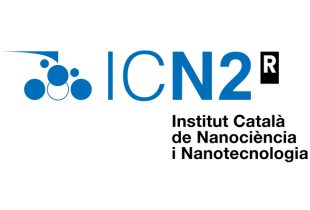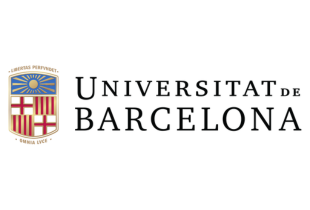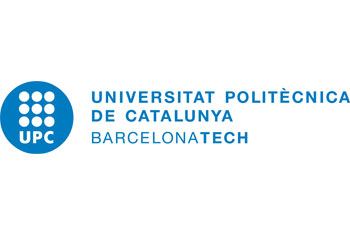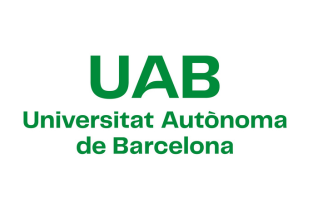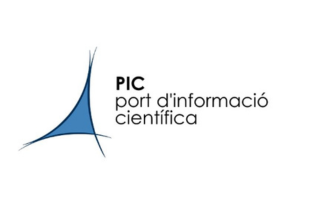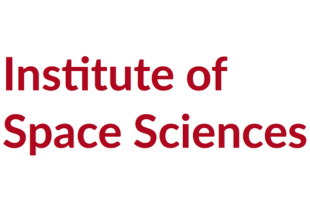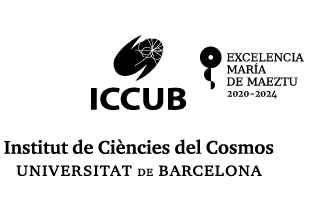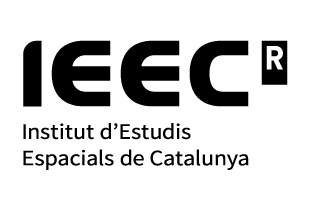Radical Science
Gabriela González and Eugenio Coccia
Observing the big bang
Debate
Astrophysicists Gabriela González and Eugenio Coccia speak about how the discovery of gravitational waves opens up new possibilities for exploration and understanding of the cosmos in a session that will open with Astres, a performance by Playmodes.
A hundred years after Einstein predicted their existence, a gravitational wave was detected for the first time in 2015, coming from the merger of two black holes 1,400 million light years from Earth. Since then, gravitational wave detectors have discovered similar phenomena and thus revolutionised astrophysics. This opens the way to journeying to the origins of the universe and studying it in its primaeval stage, an era that was hitherto inaccessible to traditional telescopes. What awaits us in this unexplored cosmos? Will we be able to observe the birth of the universe and come close to the big bang?
In this endeavour to assess what the next discoveries deriving from this technology might be, and to think about their impact on present-day ideas about the cosmos, Eugenio Coccia, gravitational wave expert and director of the Institute of High Energy Physics, speaks with Gabriela González, researcher at the University of Louisiana and member of the team that discovered the first gravitational wave.
The session opens with Astres, a performance by the digital artists Playmodes. Created by means of innovative use of laser projection and audio, and visualisation and sonification of astronomical data, this immersive experience calls attention to the beauty and mystery of the cosmos and extends an invitation to rediscover an ancient way of looking at the stars.
Astres, 2025
Playmodes
Voice-over: Catalan
Duration: 20 minuts
This discussion is part of “Radical Science”, a cultural project resulting from the research strategy devised by the Complementary Joint Research Plans fund, which is coordinated in Catalonia through ICFO, ALBA Synchrotron, IBEC, and IFAE.
Participants: Gabriela González, Eugenio Coccia, Playmodes
This activity is part of Travelling to Origins, Radical Science
Related contents
Gabriela González and Eugenio Coccia
Observing the big bang
Astrophysicists Gabriela González and Eugenio Coccia speak about how the discovery of gravitational waves opens up new possibilities for exploration and understanding of the cosmos in a session that will open with Astres, a performance by Playmodes.
